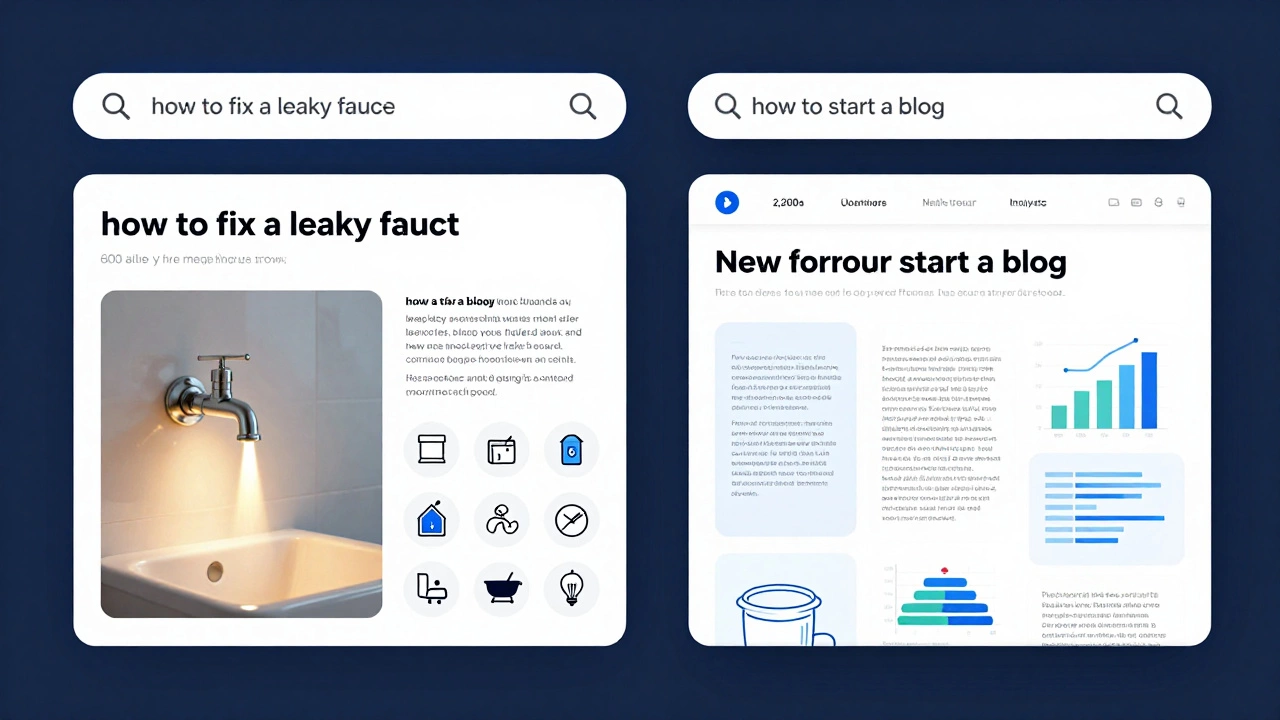Blog Length for SEO: What Word Count Works Best?
Ever wondered if a 600‑word post can rank as well as a 2,000‑word deep dive? You’re not alone. Many writers guess the perfect length, but the truth is a mix of data, audience needs, and topic depth. In this guide we’ll break down the numbers, explain why Google cares about length, and give you a quick formula to decide how long your next post should be.
Why Length Matters to Search Engines
Google doesn’t have a magic word count. Instead, it looks for content that fully answers a searcher's question. When a post covers a topic comprehensively, it tends to collect more backlinks, earn longer dwell time, and get shared more often – all signals that boost rankings. Studies from 2023‑2024 show that articles ranking on the first page of Google often exceed 1,500 words, especially for competitive keywords.
That doesn’t mean short posts can’t rank. If you’re targeting a niche phrase with low competition, a well‑structured 800‑word article can beat a longer, fluffier piece. The key is relevance and depth, not just length.
Finding the Sweet Spot for Your Blog
Here’s a simple three‑step method to pick the right word count:
- Check the SERP. Search your target keyword and note the average word count of the top 5 results. If they hover around 1,200 words, aim for that range.
- Map the user intent. Ask yourself: Is the reader looking for a quick answer, a step‑by‑step tutorial, or an in‑depth analysis? Quick answers often need 400‑800 words, tutorials 1,200‑2,000, and comprehensive guides 2,500+.
- Measure engagement. After publishing, track time on page and bounce rate. If readers leave after a few seconds, your post may be too long or off‑track. If they scroll through most of it, you’ve likely hit the right length.
For most Indian bloggers aiming for solid traffic, a target of 1,500‑2,000 words hits the sweet spot. It gives enough room to include headings, images, and examples without overwhelming the reader.
Remember to break up long blocks with sub‑headings, bullet points, and short paragraphs. A 1,800‑word post that’s easy to skim will perform better than a dense 2,500‑word essay.
Lastly, don’t chase length for its own sake. Focus on answering the question fully, using data, real examples, and clear steps. If you can do that in 900 words, publish it. If you need 2,300 words to cover every angle, go for it. The goal is value, and search engines reward value.
Now you have a quick roadmap: check the SERP, match intent, and watch engagement. Use this approach on every new article, and you’ll consistently hit the blog length that drives SEO results.
- Arjun Bhardwaj
- 1-12-25
- Blogging SEO
What Is the Ideal Blog Length for SEO in 2025?
The ideal blog length for SEO isn't a fixed number - it's the right amount of words to fully answer your reader's question. Learn how to find your perfect length in 2025.
Details- Arjun Bhardwaj
- 12-05-25
- Blogging SEO
How Long Should Blogs Be for SEO?
Wondering how many words your blog posts need for the best SEO results? This article digs into what really works in 2025. It covers the sweet spot for blog length, why quality matters more than length, and how Google actually treats short and long posts. There are actionable tips, real examples, and ways to find the right approach for your own blog. No guesswork—just straight answers and strategies that help you rank.
Details
